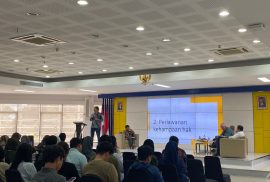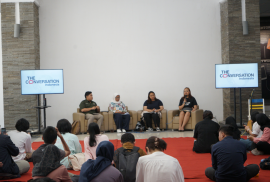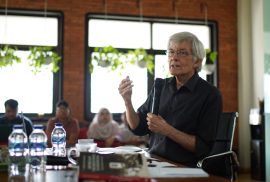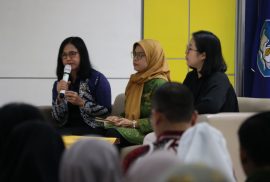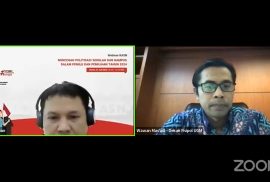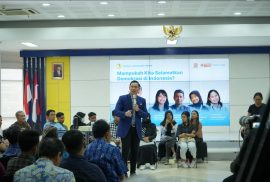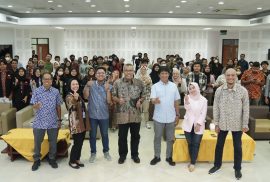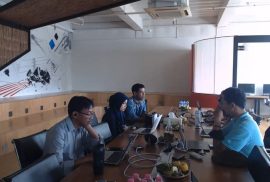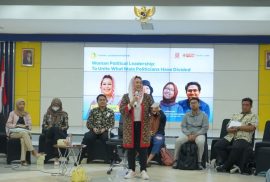Yogyakarta, August 21st 2023─Resource distribution and allocation has long been a thorny conflict in Indonesia. Feuds between corporations and landowning communities are the most common cases. In fact, communities often find it difficult to obtain their rights due to power differences between the two parties. The issue was raised by three researchers from Indonesia and the Netherlands in the discussion “Seminar on Palm Oil Conflicts and Solutions” on Monday (21/8).
“We found 99 cases of land taking without permission from the community by corporations. The majority of cases are caused by customary land ownership, so they do not have land certificates. This makes many corporations then take over the land, especially for palm oil,” said Prof. Afrizal, a Professor of Sociology at Andalas University. The phenomenon then led to conflicts over land interests, such as demands for compensation, and customary land defense.

